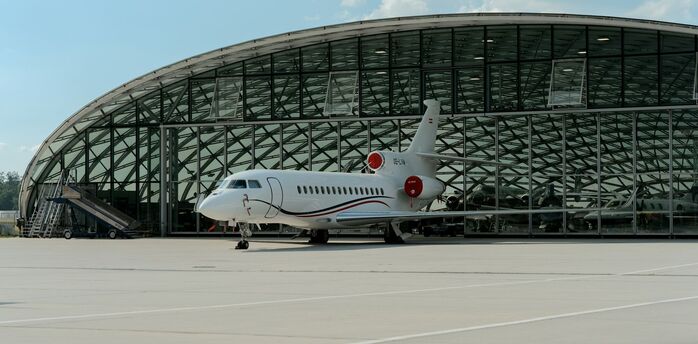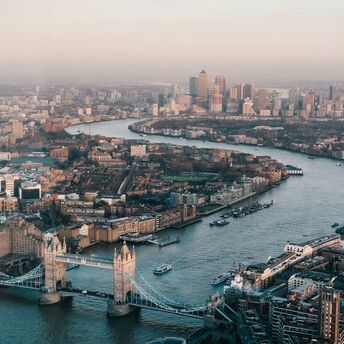AI Baggage Monitoring: Transforming Air Travel
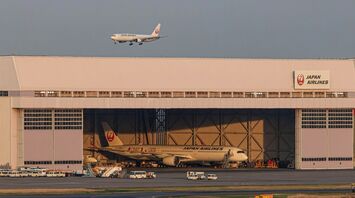
Japan Airlines (JAL) and NEC Corporation have trialed an AI-powered luggage management system at Tokyo’s Haneda Airport. Carried out over a five-month period, from April to September of twenty twenty-four, the system aimed to tackle challenges with oversized hand luggage, a frequent source of flight disruptions. Using cameras and artificial intelligence, it monitored carry-on items in real-time, calculated remaining storage space in overhead compartments, and issued notifications when capacity limits were reached to optimize the boarding procedure.
The system sorted luggage into suitcases, backpacks, and handbags, assessing the volume each item would require. Live updates helped staff act before limits were surpassed. This reduced crowding and avoided the need to redirect excess items to the cargo hold. The experiment highlighted the system’s potential to enhance passenger boarding experiences and improve punctual departures, offering advantages for both travelers and airlines.
For travelers, this innovation could result in fewer difficulties during embarkation. The ability to evaluate overhead storage availability proactively enables passengers to bypass holds initiated by insufficient space. This not only accelerates the loading process timeline but also delivers a more seamless start to the journey. Passengers will likely welcome better organization and minimized stress when managing carry-on bags.
Additionally, the system could improve consistency in flight operations. With reduced disruptions caused by oversized cabin bags, travelers can anticipate a smoother and more dependable experience. Furthermore, it could lessen the likelihood of misplaced or delayed checked luggage, a common issue when carry-on items exceed space limitations. These enhancements reflect a focus on making air travel more accommodating for passengers.
In the long term, AI baggage solutions could revolutionize air travel. For passengers, it signifies fewer disruptions, faster check-ins, and a smoother process overall. As airlines embrace these advancements, travelers may enjoy increased convenience and reliability, reshaping expectations for air journeys in the future.


